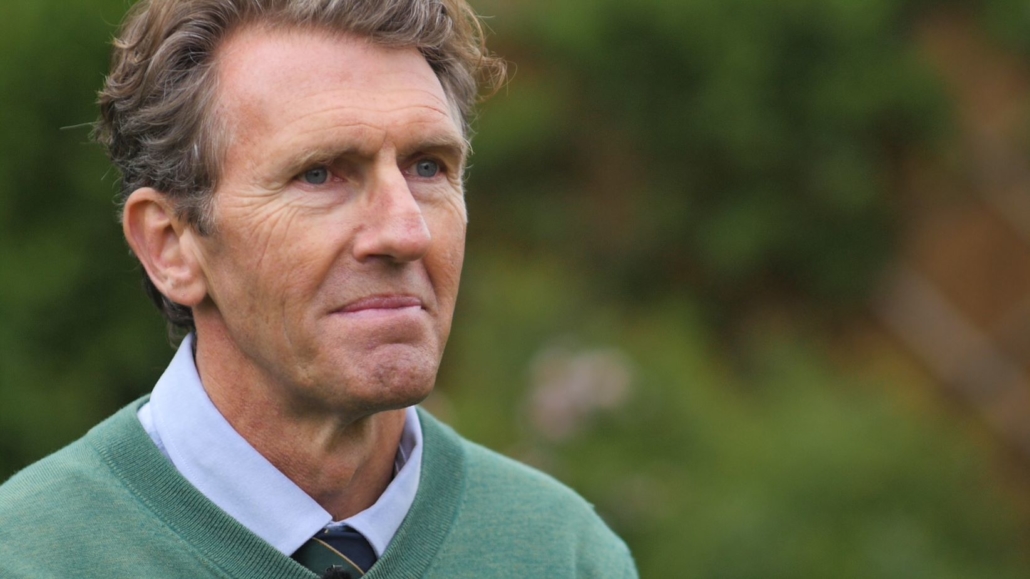If you mowed in May – that’s ok
If you mowed in May – that’s ok: If you didn’t follow the no-mow May advice don’t be alarmed. One of Britain’s foremost lawn experts confirms that regular mowing is good for both the lawn and the environment.
Richard Salmon (photographed below), the founder of ProLawnCareUK, is adamant that simply adjusting the mower and using it more frequently is good for both nature and the grass.

If you mowed in May – that’s ok
“We have 20 million plus domestic lawns in the UK. The vast majority are in inner city and urban areas where they are a vital green lung. Anything we can do to keep them healthy is good for nature and humans, and regular mowing is key to this,” says Richard.
“I have no idea how many people continued to mow in May but they were doing no harm at all to the environment and really benefitting their lawns,” he added.
“Some wildlife feeding on lawns eat insects or seed, others prefer worms and other invertebrates. Regular mowing will still allow clover and other flowering weeds to prosper but leave the grass longer and don’t scalp it. Weekly mowing encourages the grass to tiller or thicken out. This produces a greater green leaf area per m2 which, in turn, absorbs more Co2 during photosynthesis, keeping lawns green and releasing more oxygen to atmosphere. The more dense the lawn the better for all food sources.”
“Not cutting the grass and simply leaving it to nature is not good for lawns or wildlife. Leaving it is of value only to seed eating birds, although it takes several months of growth for the seeds to mature and, in any case, seed can be supplemented at the bird table. As the uncut grass grows it discolours, significantly reducing photosynthesis which, in turn, results in less oxygen being produced.”
Richard promotes more regular cutting but not too short. He also supports, where possible, instead of not mowing your lawn, why not dedicate an area for wildlife that benefits the insects and wildlife for 12 months of the year rather than a vain effort for 1 month ? Try leaving a small area of the garden to sow a wild flower mix which is bee friendly and can be left all year to provide a more valuable haven for a greater variety of fauna.
Richard Salmon has spent his entire career involved in lawncare and is one of the country’s leading authorities on the subject. He is also a leading expert on the environmental value of grassland and is on record as confirming that: “Lawns lock-in carbon from the atmosphere, much like trees, and play a vital role in cleaning and cooling our environment.”
For the latest industry news visit turfmatters.co.uk/news
Get all of the big headlines, pictures, opinions and videos on stories that matter to you.
Follow us on Twitter and Instagram for fun, fresh and engaging content.
You can also find us on Facebook for more of your must-see news, features, videos and pictures from Turf Matters.




















